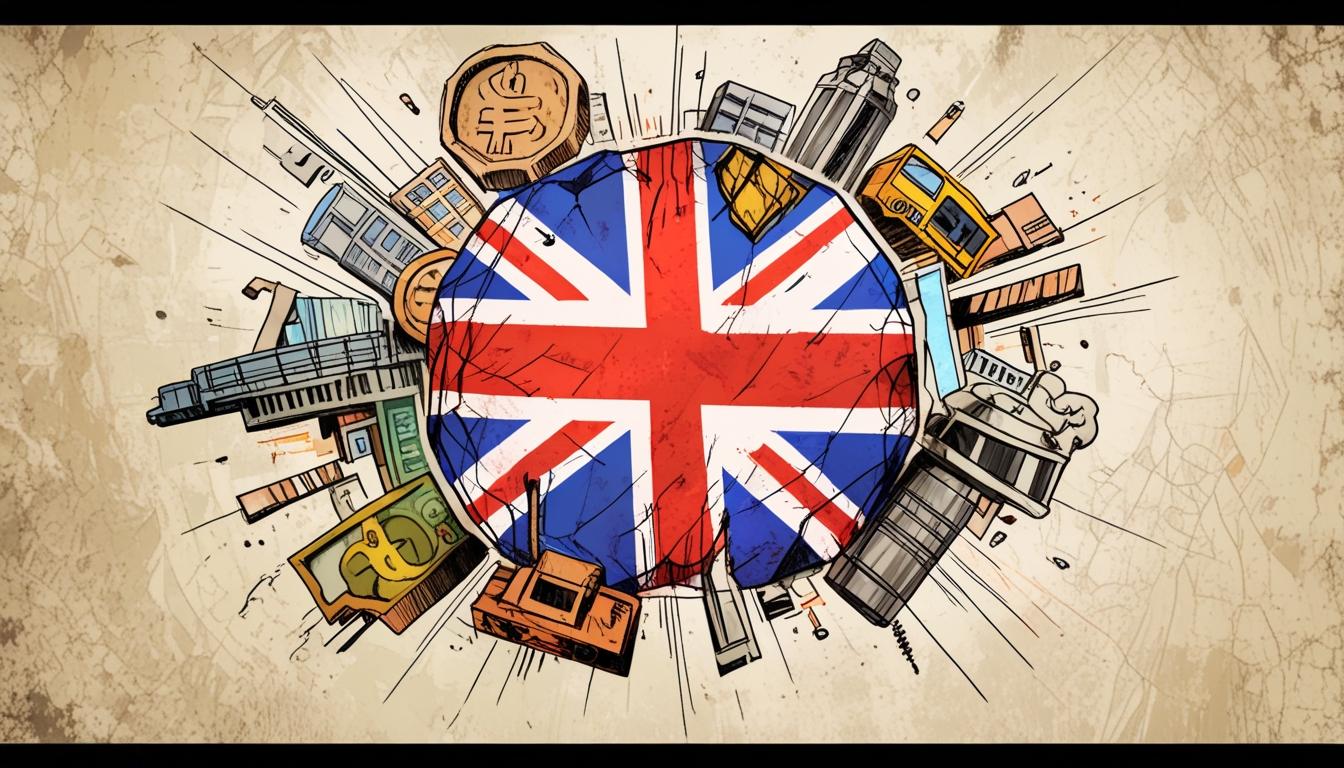Britain is facing the prospect of a new surge in business insolvencies as financial pressures mount on companies across key sectors, official data and industry reports reveal. The latest figures indicate a rise in company collapses alongside growing concerns among firms about the economic outlook.
According to the UK Government's Insolvency Service, nearly 2,000 companies went bust in March 2025, marking a 9 per cent increase compared with the same month the previous year. Although this number is slightly down by 2 per cent from February 2025, it signals a troubling trend given the broader economic context. Over the past year, insolvency levels have remained marginally below the record highs seen in 2023.
Further insight comes from a report published by the corporate restructuring firm Begbies Traynor, which analysed the financial health of businesses in the first quarter of the year. The report identified a 13 per cent rise in the number of companies in “critical” financial distress, reaching a total of 45,416. This figure is up by more than 5,000 compared to the same period in 2024, although slightly lower than the last quarter of that year.
Certain industries are particularly hard hit. Begbies Traynor highlighted bars and restaurants as experiencing a 31 per cent increase in firms facing critical distress year-on-year, while travel and tourism operators saw a 25 per cent rise. Julie Palmer, a partner at Begbies Traynor, commented: “Optimism remains in short supply for UK businesses... These sectors are bracing themselves for further economic fallout from both domestic tax increases and US tariffs.”
Economic uncertainty is compounded by a range of domestic and international challenges. Businesses are contending with higher costs attributed to recent government policy, including increased employer National Insurance Contributions, a rise in the minimum wage, and the introduction of new workers’ rights. At the same time, firms are apprehensive about the impact of ongoing trade tensions, notably the trade war initiated by former US President Donald Trump, which threatens export markets and fuels broader market uncertainty.
John Cullen, business recovery partner at advisory firm Menzies, expressed concern about the outlook for British firms. Speaking to the Daily Mail, he said: “If recession is next in a line of challenges for British business, alongside a heavier tax burden and a decline in investor and lending confidence, we may be hurtling towards a new wave of business insolvencies.”
This unease coincides with recent survey data pointing to an economic contraction in April 2025, intensifying fears of a downturn. Nevertheless, some indicators show positive signs; for example, retail sales rose by 0.4 per cent in March. Despite these isolated improvements, companies remain cautious about the trajectory of the economy amid mounting operational pressures.
The combination of rising business failures, increased financial distress in vulnerable sectors, and broader economic uncertainty underscores the challenges facing the UK’s commercial landscape. Firms are navigating a complex environment characterised by elevated costs and fluctuating trade dynamics, with many bracing for potentially turbulent months ahead.
Source: Noah Wire Services
